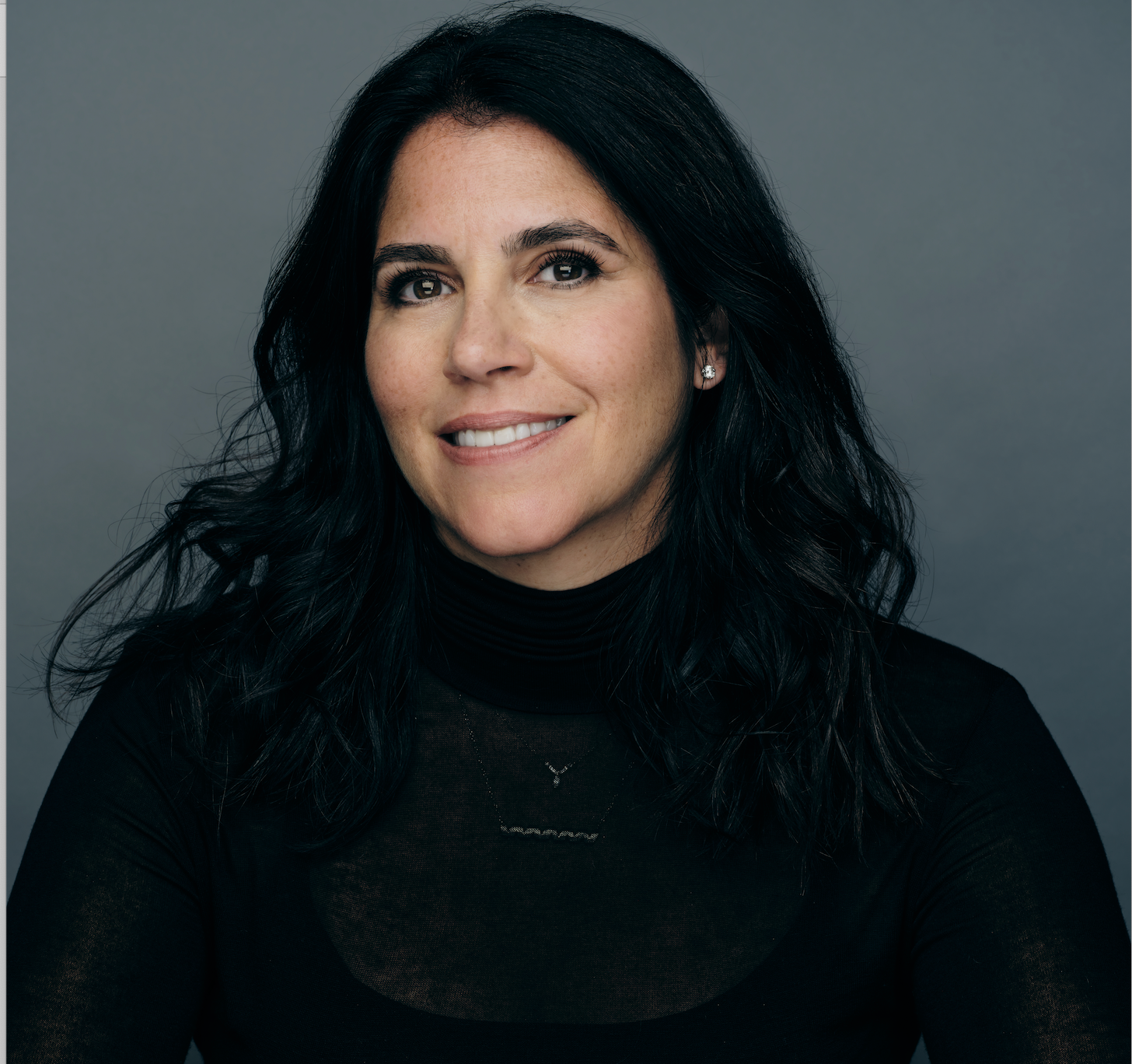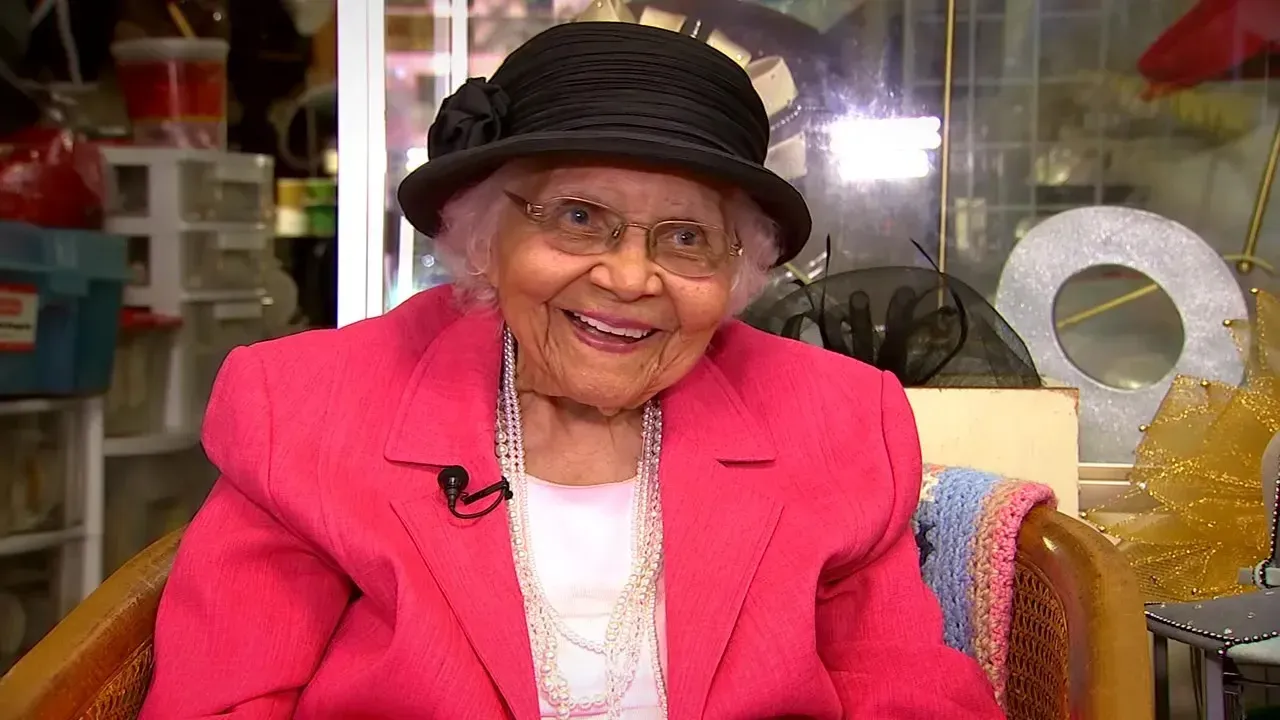The Story Behind the School of Rock: A Revolutionary Music Education Journey

A Conversation with Stacy Ryan, President, School of Rock and Bill Cole, Master Franchisor, Germany
The School of Rock, a name synonymous with musical education that transcends traditional methods, has evolved into a global institution. With its foundation laid in 1994, the School of Rock transformed the way young musicians learn by focusing not only on individual lessons but also on collaboration, performance, and community-building through music. What began as a simple, yet powerful idea has expanded into a thriving global brand, touching the lives of millions of students worldwide.
A Vision of Collaboration
The idea behind the School of Rock was born from the realization that young musicians learn best by doing. As Stacey Ryan, the President of School of Rock, explained, the core philosophy is rooted in the belief that students thrive in an environment where they learn through collaboration rather than isolated lessons. “Students and young musicians learn best through performance and collaboration, not by sitting individually in a lesson room,” Stacey said. “The concept quickly caught on, and as demand grew, the opportunity to scale the model became very clear.”
This approach to music education, where students come together to form bands and perform live, is what sets the School of Rock apart from traditional music schools. It allows children and young adults to grow not only as musicians but also as individuals who learn the values of teamwork, discipline, and confidence.
Expansion through Franchising
By 2004, it became clear that the success of the model could extend far beyond its original location. To scale its operations and share this innovative style of music education, School of Rock made the transition into a franchise system. This decision allowed passionate entrepreneurs to join the mission and bring the School of Rock experience to communities around the globe.
“We transitioned into a franchise system in 2004, and that just allowed passionate entrepreneurs to join this mission,” Stacey shared. “It’s a global brand now, one that is deeply rooted in mentorship, music, and student success.”
Today, School of Rock has over 400 locations worldwide, and the brand’s reach continues to expand. The franchise system has enabled the model to flourish in diverse communities, fostering a deep connection between music and the communities they serve. In fact, the company recently opened its 16th country, marking another milestone in its international expansion.
A Passion-Driven Culture
At the heart of School of Rock’s success is its unique culture, which blends a deep love for music with a commitment to mentorship and community. While many of the franchise owners and team members come from musical backgrounds, it’s not a prerequisite to be a musician to be part of the School of Rock family. “We have incredible community members who might not know how to play an instrument, but they are passionate about running a successful business and fostering creativity,” said Stacey.
Bill Cole, the co-owner of School of Rock Germany, echoed this sentiment, sharing his personal experience. “I’ve been playing in bands since I was 13. If there had been a School of Rock in Canada back then, I would have been a student,” Bill admitted. “But the School of Rock model is not just for musicians; it’s about giving kids the confidence and the tools to succeed.”
Bill, who now leads the School of Rock expansion in Germany, emphasized the lasting impact that music education had on his own life. “Music gave me the confidence that I carry with me to this day,” he said. “It’s about much more than just playing an instrument. It’s about personal growth.”
The Importance of Choosing the Right Market
When asked about what makes a good market for a School of Rock studio location, Stacey highlighted key factors such as the presence of a vibrant community that values arts and education, a strong base of families with school-age children, and a local culture that appreciates music. “Communities like San Ramon, California, and Danville, California, fit that profile perfectly,” she explained.
Bill, with his deep knowledge of the German market, also shared the importance of understanding local culture. “When we came together to discuss expanding to Germany, we considered cities like Berlin, known for its rock and roll culture,” Bill said. “But Munich felt like the right place to start. We knew the local community would embrace the concept, and School of Rock trusted our local knowledge.”
With their extensive experience and commitment to the mission, Bill and his business partner Dominic have successfully launched School of Rock in Germany, becoming the first international franchise to do so.
Global Reach and the Future of School of Rock
School of Rock’s global expansion continues to thrive, with locations opening in vibrant music markets around the world. With 16 countries now part of the School of Rock family and plans for further growth, the brand is quickly becoming a global force. As of today, School of Rock operates 407 locations, with plans to expand to 670 units by 2030.
The franchise system’s growth is not just about business but also about the lasting impact on communities. “Music is the universal language,” Stacey said. “I’ve seen children from different cultures and backgrounds get on stage and perform together, and it’s like magic. The differences just melt away.”
In addition to offering unparalleled music education, School of Rock’s programs have proven to provide life skills such as confidence, discipline, and teamwork. Many students may not go on to become professional musicians, but they carry the lessons learned from School of Rock with them for the rest of their lives.
The Power of Music Education
A unique aspect of the School of Rock program is its ability to bring students together, regardless of skill level, to collaborate on music. Stacey described how students’ progress through the program, from beginners to more experienced musicians, and the way they support and inspire each other along the way. “Some of the most impactful stories come from students who, despite not pursuing music professionally, continue to play as a form of personal expression,” she said.
Bill shared a powerful anecdote from his experience at a School of Rock location in Glen Ellen, California, where young musicians played a Led Zeppelin song. “It was fascinating to see how the system brought together kids of different skill levels to perform as a cohesive unit,” he said. “The system allows even beginners to feel part of the process, and the more experienced musicians help guide them. It was a beautiful thing to witness.”
The emphasis on collaboration and support within the School of Rock community helps break through the typical plateauing that many young musicians face. Instead of becoming frustrated by slow progress, students are motivated by their peers and by the joy of making music together. This sense of camaraderie and shared accomplishment is what keeps students engaged, long after their initial lessons.
A Culture of Support for Franchisees
The growth of School of Rock is also a testament to its strong support system for franchisees. Stacey explained that franchisees are given comprehensive training, ongoing marketing, operational support, and access to School of Rock’s proprietary curriculum and technology. But perhaps most importantly, they are welcomed into a vibrant, supportive community of franchise owners who share best practices and encourage each other’s success.
Bill spoke to his personal experience, emphasizing the care and respect he felt from the School of Rock leadership. “The franchise support team was incredibly helpful, and the way they took care of us and our concerns was something I’d never experienced in my previous business ventures,” he said. “There was a true respect and passion for the mission. It felt like a family.”
The Road Ahead
As School of Rock looks to the future, the vision remains clear: to provide world-class music education that transforms lives. With plans for continued growth in Europe, Latin America, and beyond, the brand is poised to reach even more communities. And for Stacey and Bill, it’s not just about growing a business; it’s about enriching lives through music.
“We’re just scratching the surface,” Stacey said. “Music education changes lives, and we’re passionate about bringing that to as many kids and communities as possible.”
With an unwavering commitment to its mission, School of Rock will continue to be a place where music meets mentorship, collaboration, and the empowerment of the next generation of musicians—and individuals.
More about Stacey
Stacey joined School of Rock in 2015 as an Independent Consultant and steadily advanced through her dedication and impactful leadership. After serving as Chief Operations Officer for five years, Stacey stepped into an expanded leadership role when former CEO Rob Price transitioned to a position at School of Rock’s parent company, YEB. The company then adopted a leadership structure without a formal CEO, and Stacey was elevated to President of School of Rock in 2024.
About the Author
Rick Morgin is a Consultant with The Franchise Consulting Company and alumnus of Santa Clara University. He assists clients with the educational process of researching and selecting available franchise businesses that best suit desired lifestyles and financial goals. Contact Rick at rick@thefranchiseconsultingcompany.com.











